Nội Dung Chính
(Page 128)
👉COMMUNICATION
Everyday English
Expressing amazement
1. Listen and read the conversations, paying attention to the highlighted parts. 🎧
Mark: Scottish men wear kilts, short skirts at their traditional festivals.
Lan: Wow... I didn't know that!
Lan: In 2019, Walt Disney World in California attracted nearly 21 million visitors.
Tom: Amazing!
2. Work in pairs. Make similar conversations with the following situations, using expressions of amazement.
1. New Zealand has the cleanest and safest air on the planet.
2. There are no snakes in New Zealand.
3. More than half of all the lakes in the world are in Canada.

(Page 129)
Interesting facts about English-speaking countries
3. Work in groups. Discuss and write the name of the country next to the fact.

Canada the USA the UK Australia New Zealand
| Fact | Country |
| 1. This country is famous for its kangaroos. | |
| 2. This country has a large population, only smaller than that of China and India. | |
| 3. This country lies close to the North Pole and is very cold in winter. | |
| 4. This country is famous for its royal family. | |
| 5. This is a small island country in the Pacific Ocean. |
4. Work in pairs. Read some facts about English-speaking countries and tick (✓) the column true for you. Then role-play by one person saying one statement aloud and the other responding to it.
Example:
A: New York is the biggest city but not the capital of the USA.
B: I know this.
A: The state of Alaska in the USA has over 2,600 islands.
B: This is new to me.
| This is new to me. | I know this. | |
| 1. There are more sheep than people in New Zealand, around 6 sheep per person. 2. The Statue of Liberty is in New York. 3. Canada has the longest coastline in the world. 4. About 90% of Australians live on the coast. 5. Football is the most popular sport in England. |
5. Work in groups. Share with your group some interesting facts you know about English-speaking countries. The group takes notes and presents its findings to the class.
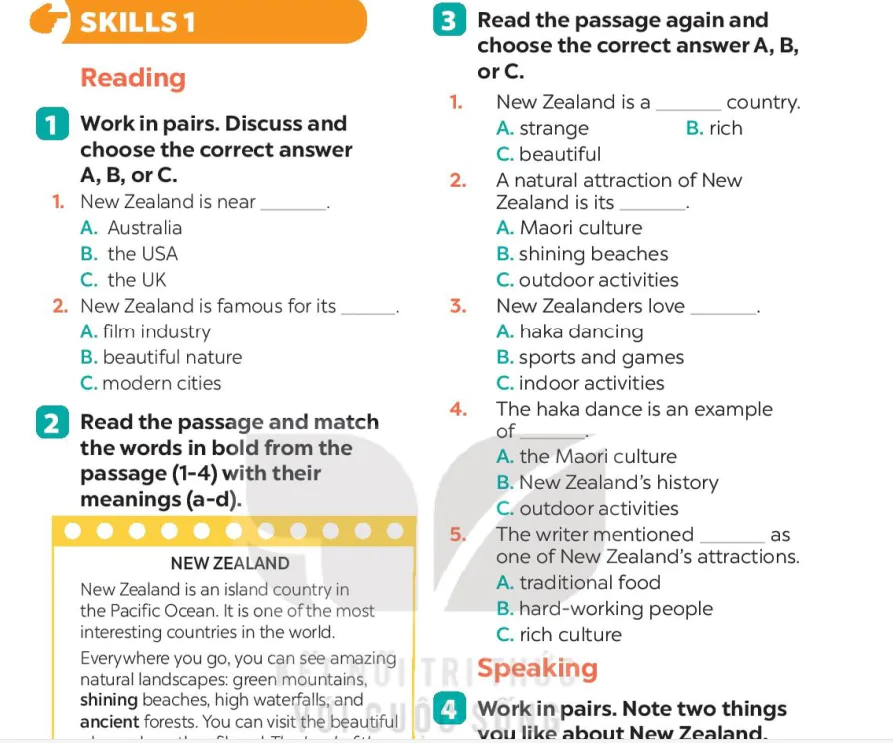
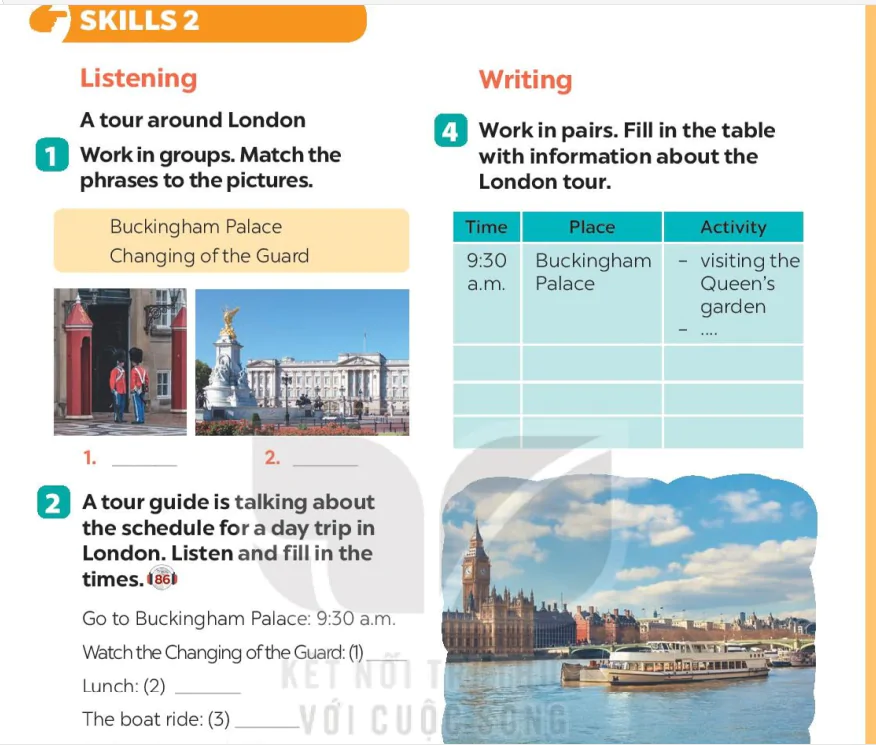
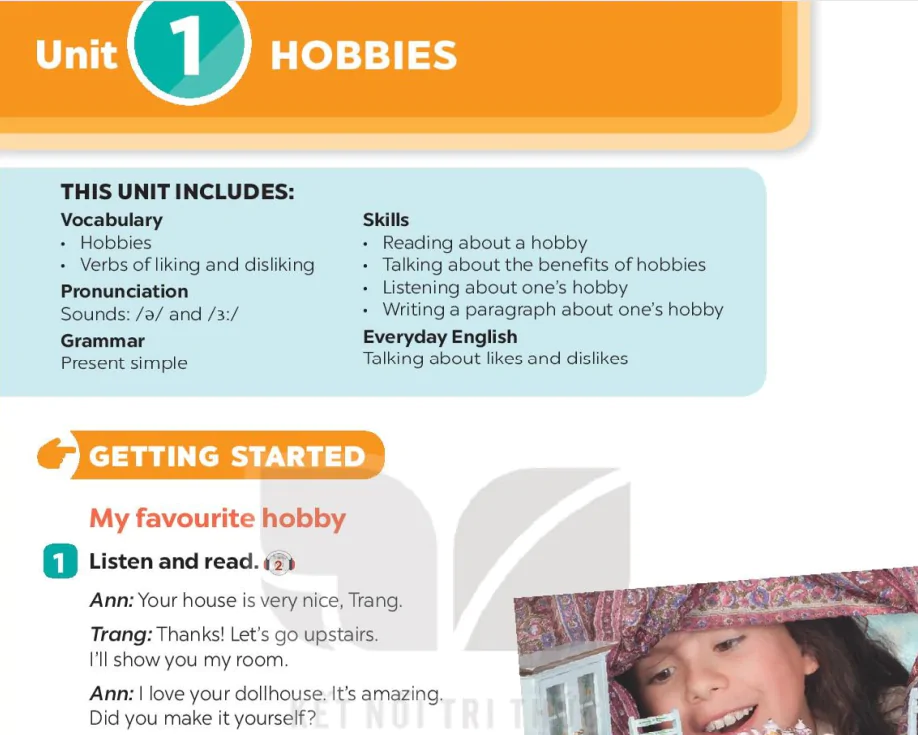
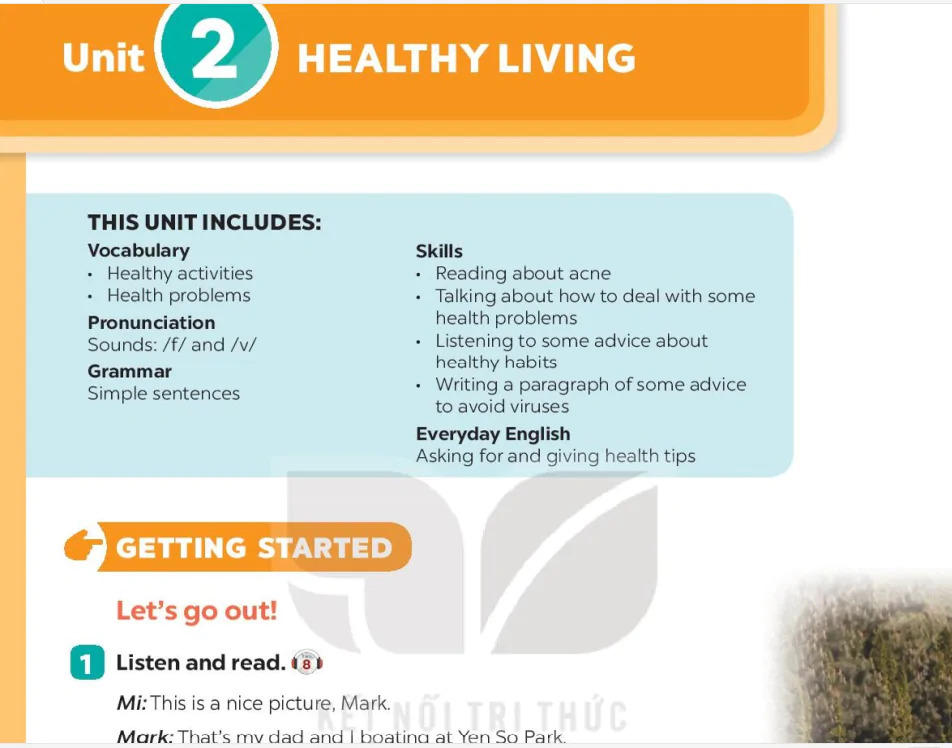

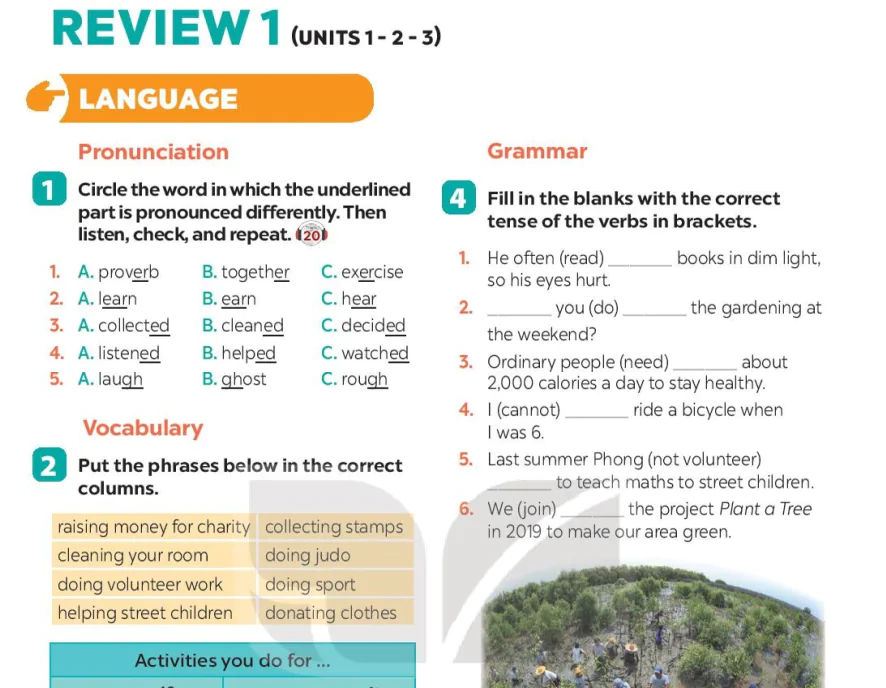
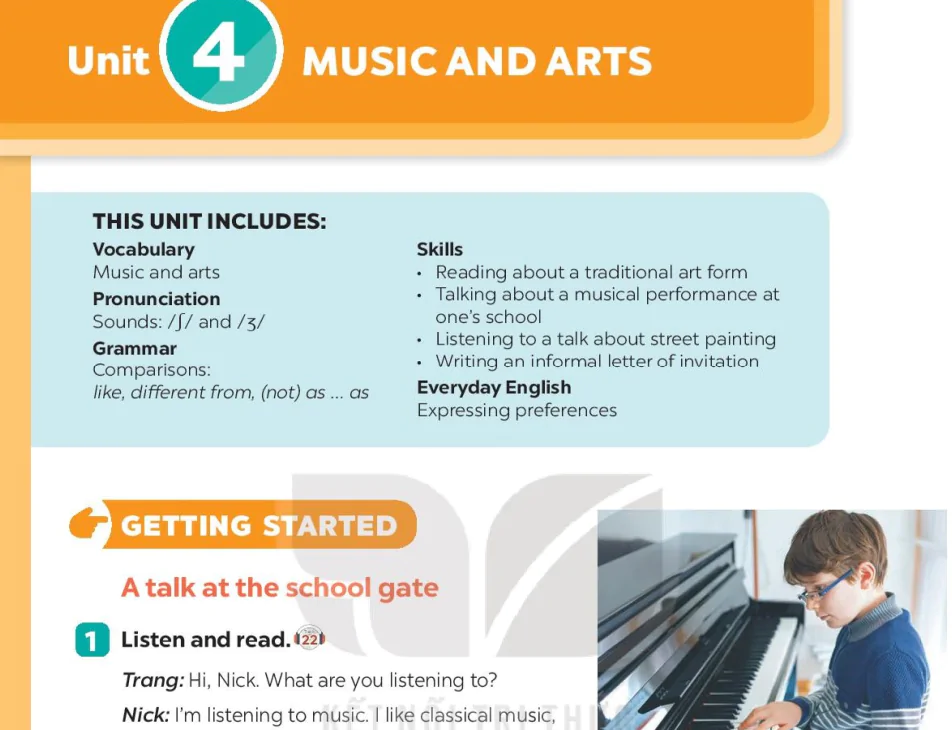
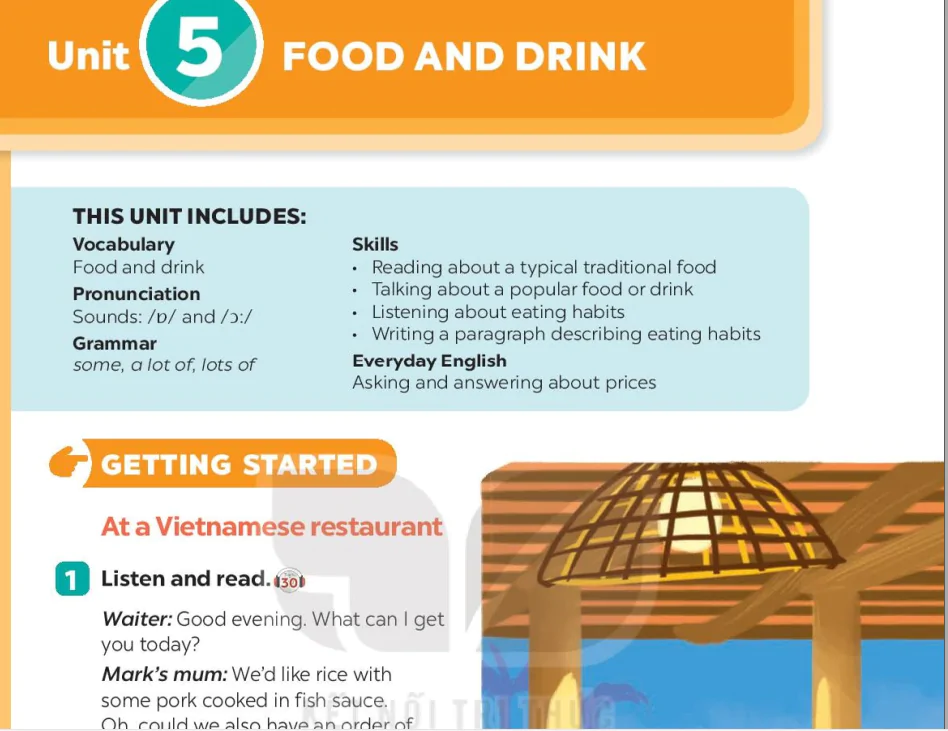
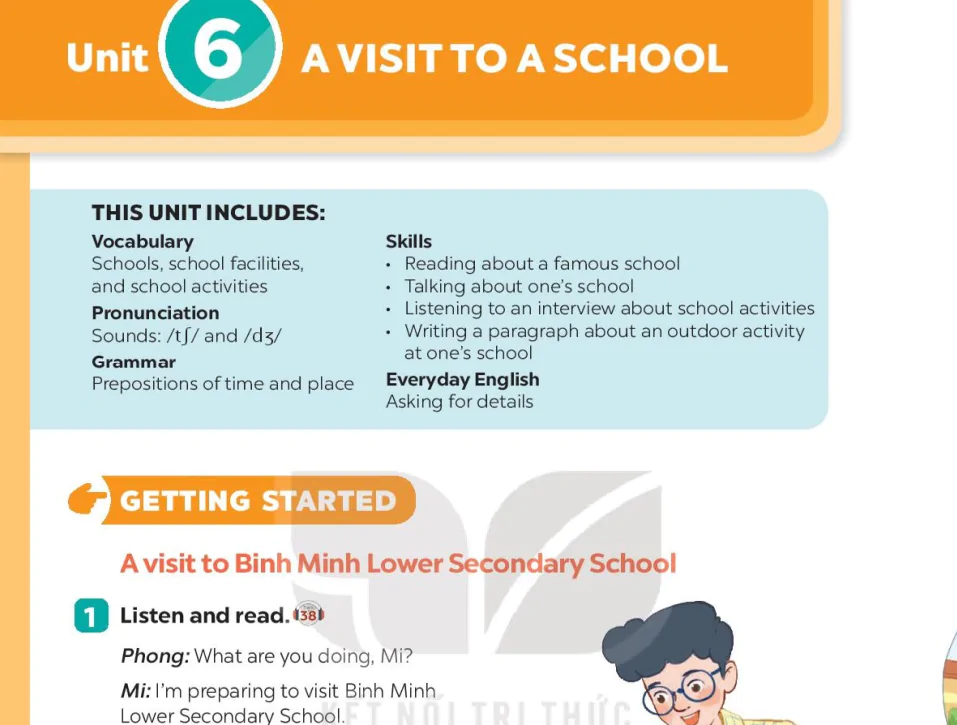
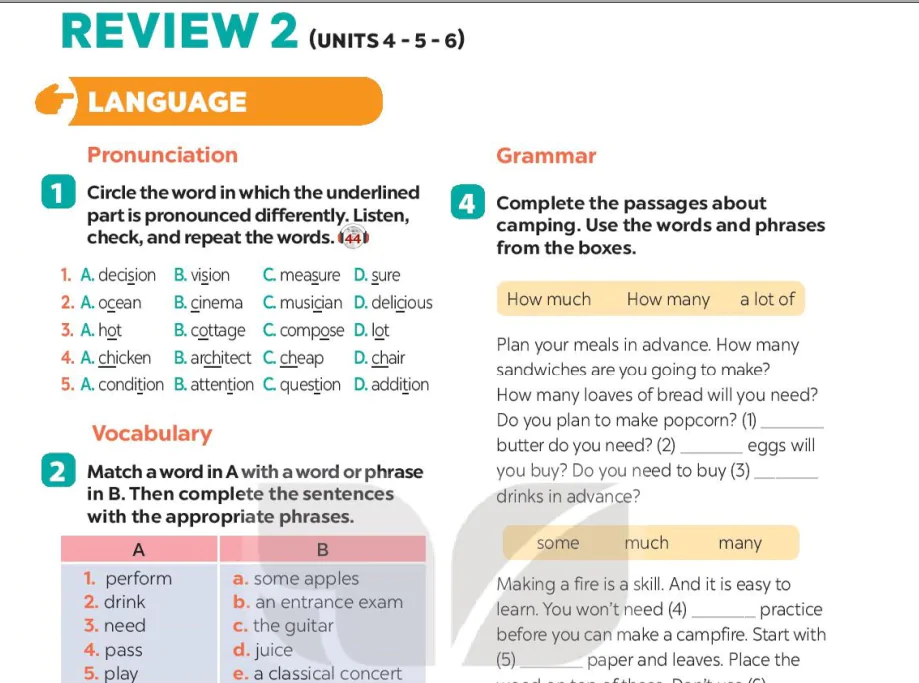
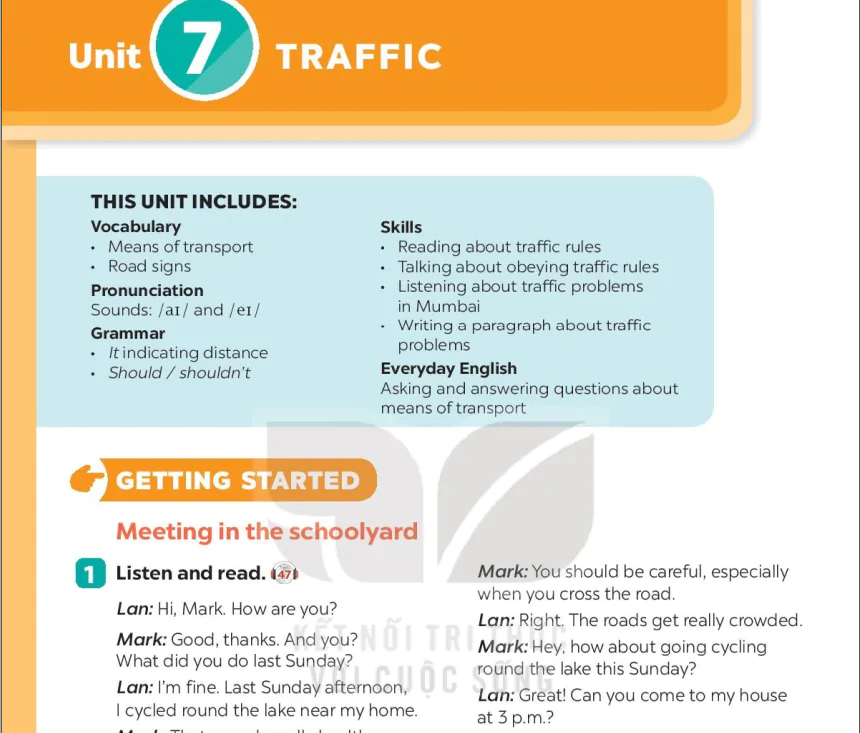
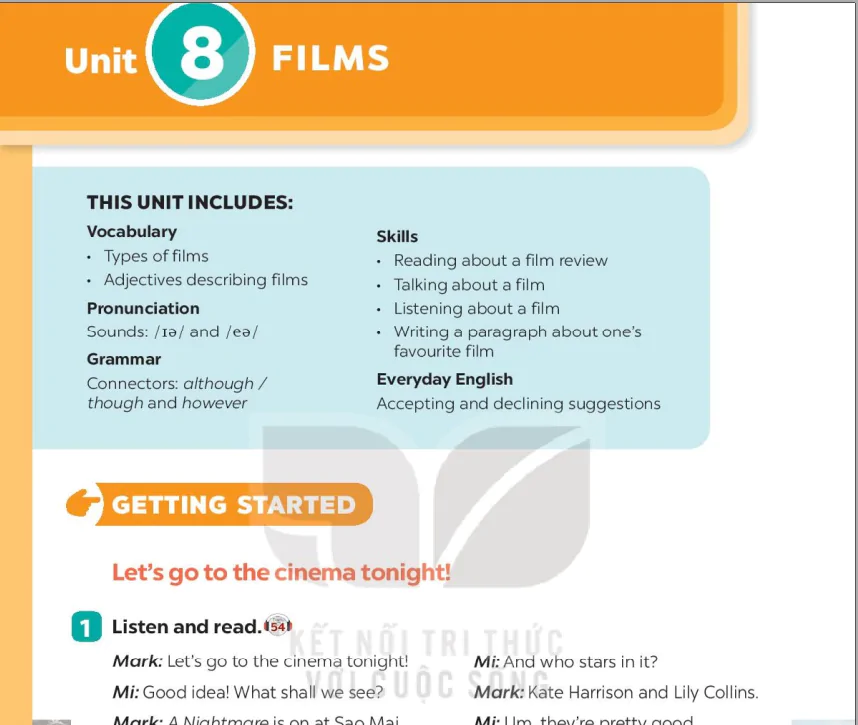
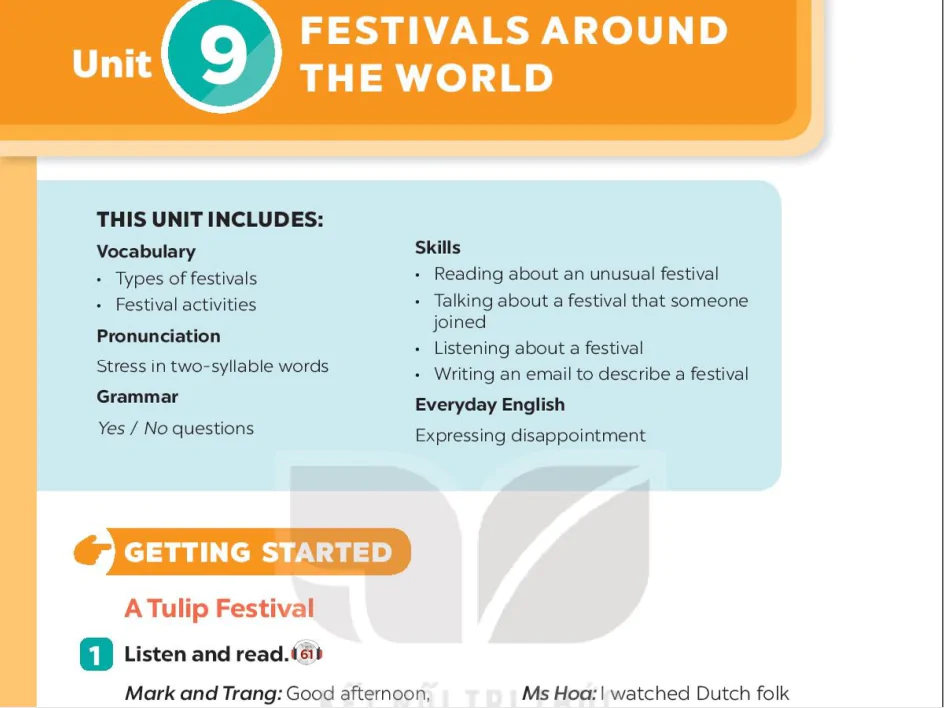
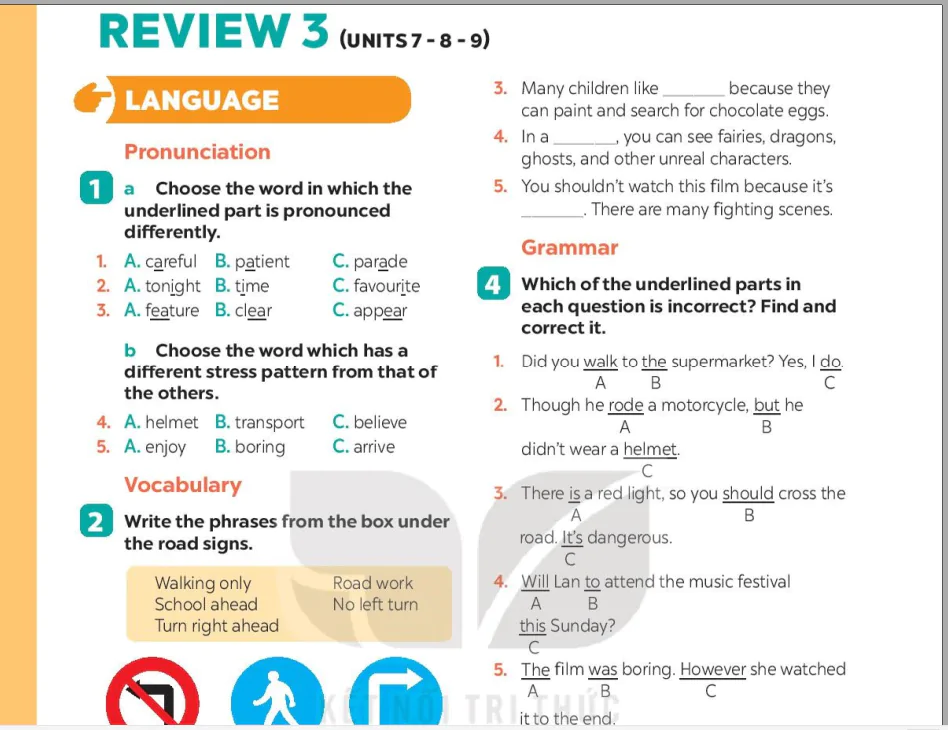
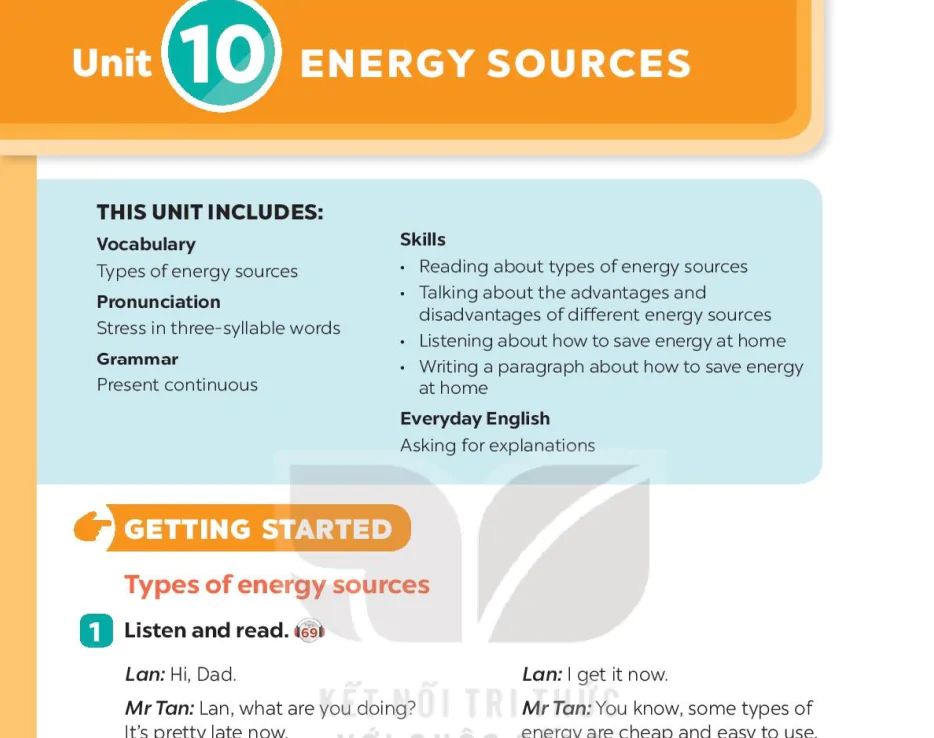
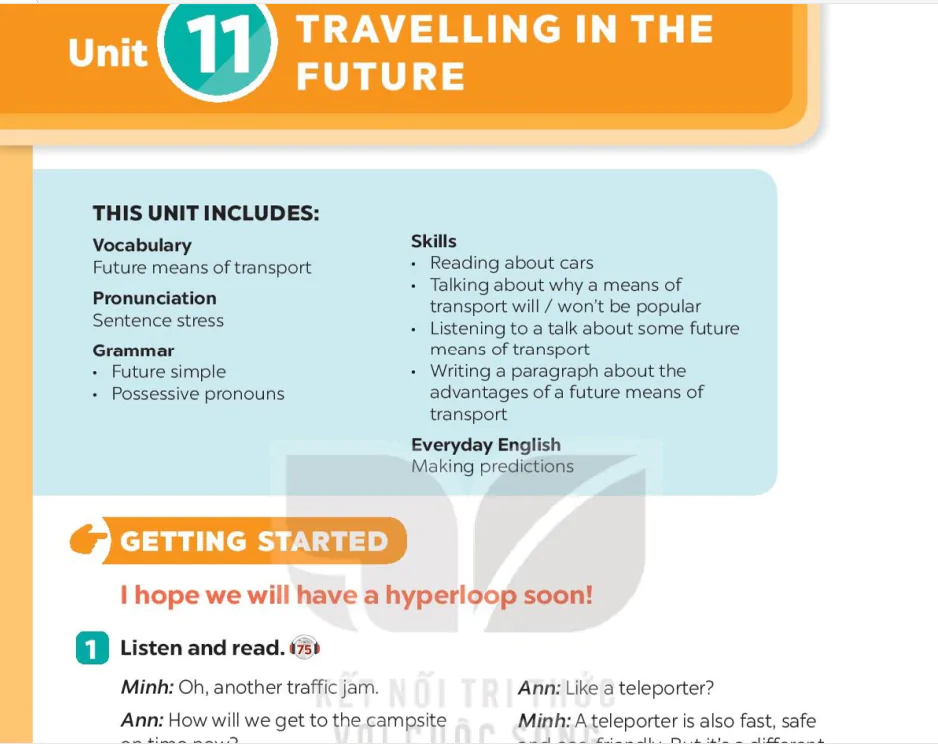
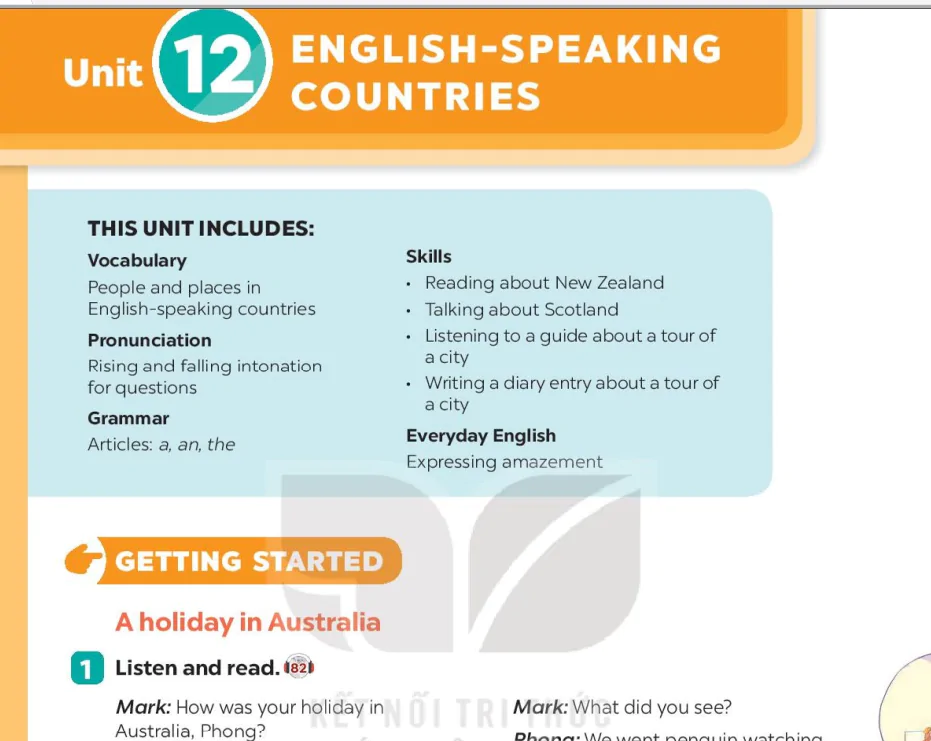
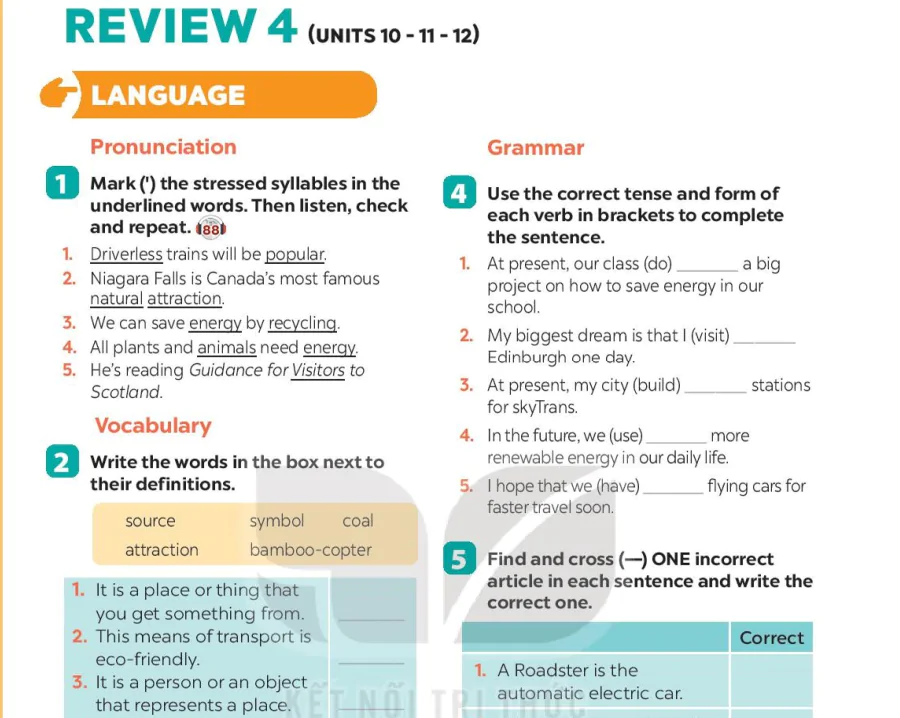
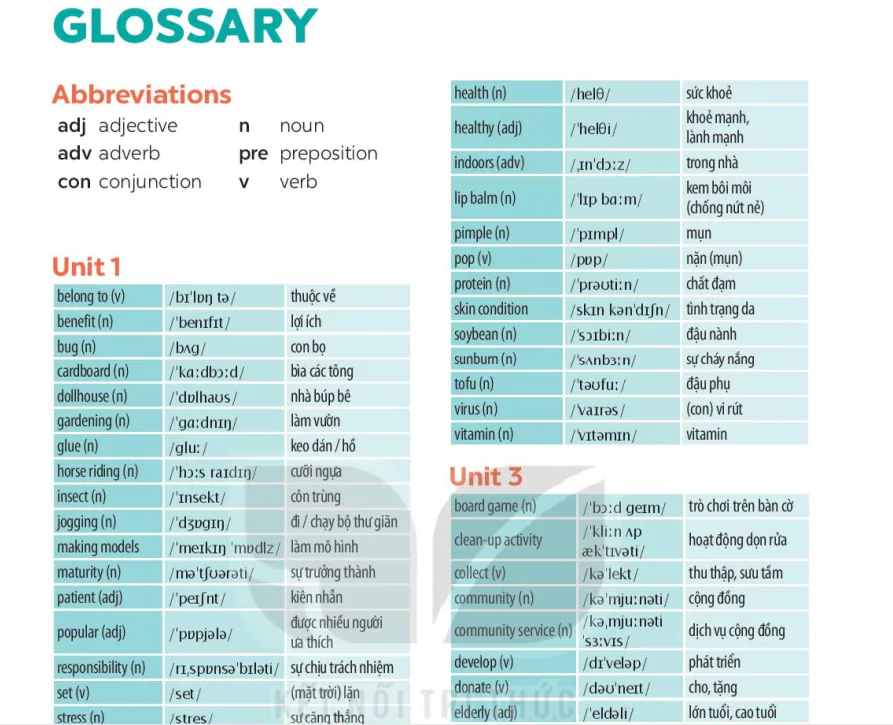



















Bình Luận
Để Lại Bình Luận Của Bạn